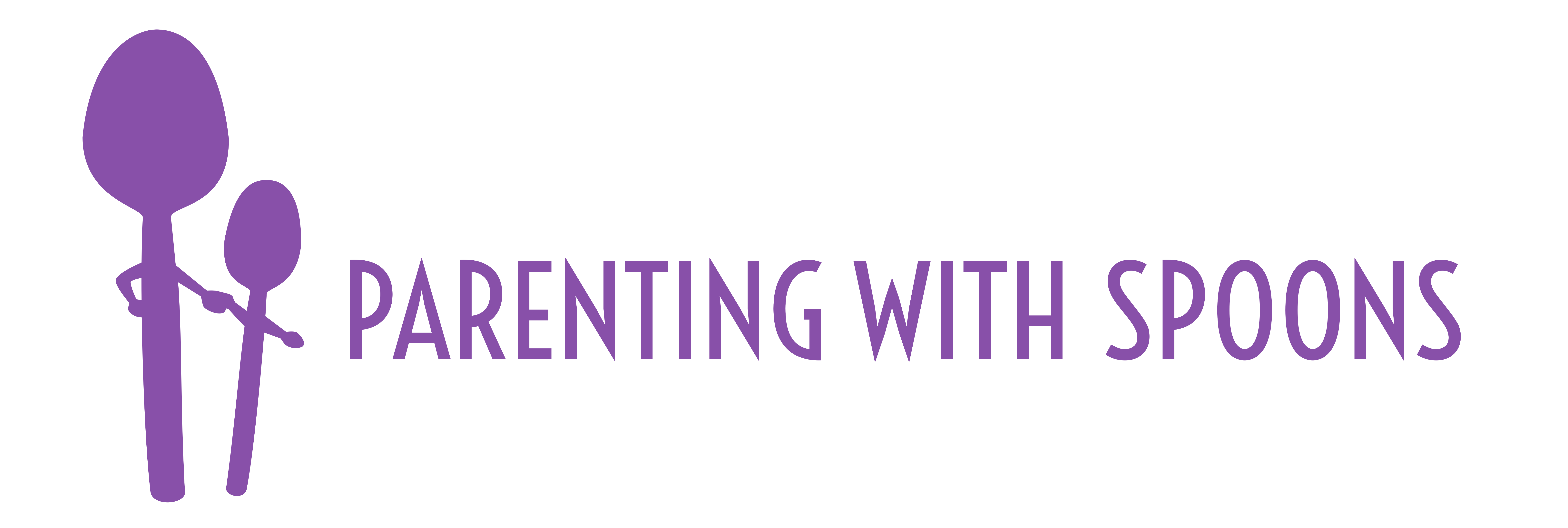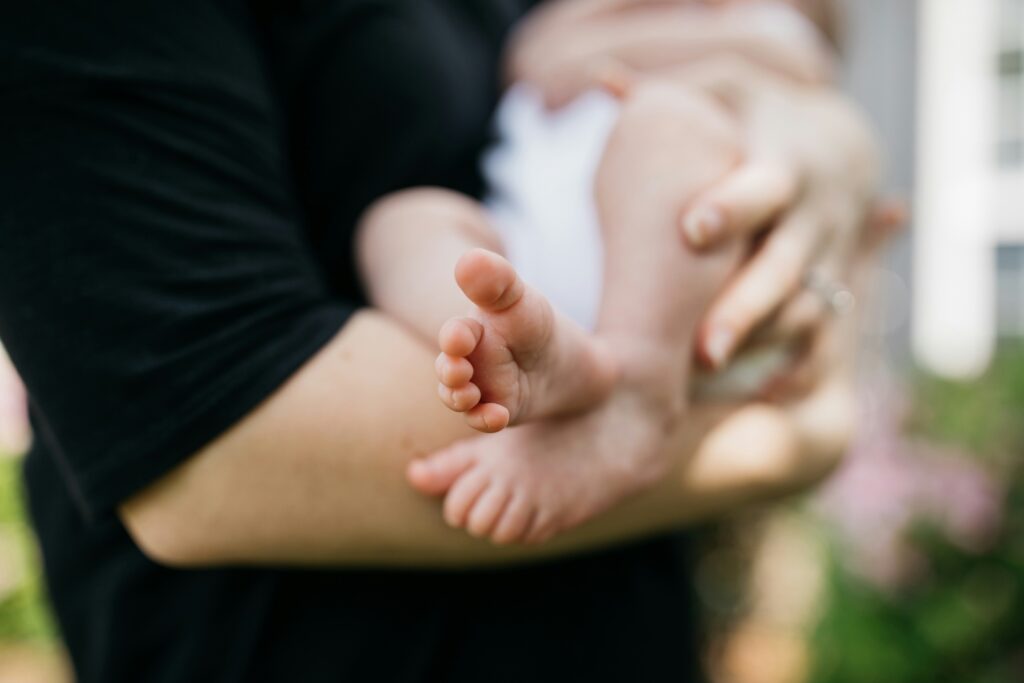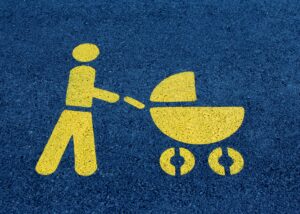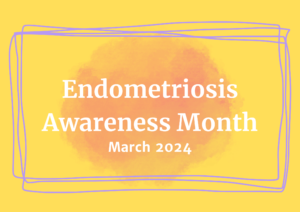Infant feeding has been on my mind a lot lately as I’ve been working with the NHS to provide a patient story about our experiences. With many friends and family expecting babies in the coming months, I’ve been thinking about how we view infant feeding as a society and the pressure and prejudices surrounding feeding choices. We had a challenging feeding journey, moving from feeling committed to breastfeeding, through a story of newborn starvation and jaundice, until we reached a happy formula feeding routine. If you’re expecting a new addition, or if you’re reflecting on feeding choices, here are my thoughts and experiences in the hope that they may provide you some comfort, reassurance and perspective.
You can comment below to share your feeding story or views, or get in touch with me here.
Our feeding plan before the birth: intentions vs reality
We’d been through quite a journey to get to the end of pregnancy. I was desperate to give this longed for baby the best start in life. I’d had gestational diabetes since 12 weeks of pregnancy, and knew that advice was to breastfeed to reduce the risk of diabetes later in life and to balance baby’s blood sugar. This was the messaging we received at our 37 week appointments with the consultants and specialist nurse.
I wanted to breastfeed. I actually really wanted to. My body hadn’t done what I’d wanted it to up to this point and I was ready to show that it could do this fundamental thing of making food for my baby. Our NCT classes had been hugely focused on breastfeeding and everyone in our group planned to breastfeed. I thought it was clearly the right thing to do.

We were advised to collect colostrum from 37 weeks so that we had a supply ready to feed baby after the birth to ensure their blood sugar levels remained stable. Three times a day, for three weeks, I painfully hand expressed tiny droplets of this ‘liquid gold’ into little syringes. The pain was immense and very little was produced. My husband used to sit with me, play upbeat music and ‘milk me’ so that I didn’t have to inflict the pain on myself.
By the end of the three weeks, I had collected 5ml of colostrum, an absolutely miniscule amount.
We were visiting the Maternity Day Asssessment Unit at our hospital due to persistant reduced movements and I mentioned to more than one midwife that I was struggling to express. I was concerned it would affect my milk supply but was told not to worry. I spoke to my community midwife to explain that my breasts hadn’t changed at all during pregnancy. She said that wouldn’t affect my ability to feed.
So we approached the birth confident that we would be breastfeeding our baby.
The early days of breastfeeding
One day I will write about the birth, but let me just say here that it was unexpectedly fast and dramatic. My neurodivergent husband was so traumatised by the experience that less than 4 hours after our baby was born, he left the hospital.
I spent the first night with our newborn on my own, in the dark and quiet, with no idea what I was doing. We’d attempted to latch her straight after the birth but she was so sleepy and disinterested. Concerned she needed some milk particularly due to the risks for babies born to gestational diabetes mums, we gave her some of my precious supply of colostrum. When she wanted to feed more later, there was still no latching, so a maternity support worker sat and hand expressed my colostrum to top up the meagre supply.
When we were moved to the maternity ward, we were left alone and – utterly exhausted – I slipped into sleep. A few hours later I was woken by a nursery nurse concerned I hadn’t fed my baby. She stayed with me to attempt latching again and it seemed to work, but was intensely painful. My baby stayed latched on there, gently suckling, for about an hour.
When she next woke for food, I struggled to latch her on my own so pressed the buzzer for some help. A different midwife appeared and told me it didn’t seem to be working and I should just give her formula. I was so convinced – because of what I’d heard, read and been told – that it was important to persevere. She wasn’t even a day old yet.
By the next morning, she was already starting to look jaundiced.
Newborn starvation and jaundice
Nobody seemed to notice that our baby was slowly turning yellow, that she wouldn’t latch, had eaten only a few millilitres of colostrum and was sleeping for hours on end. They also didn’t seem to see that I was struggling. Tearfulness is normal in the days after birth, so I think it was dismissed as the baby blues.
Throughout this time, midwife after midwife, nurse after nurse came to see us when we pressed that magic buzzer to ‘check the latch’. And every single one said the latch was good. When baby latched on for 3 hours straight at 2am one night, I was told this was normal and she was trying to establish my supply.
We stayed in hospital for more feeding support, and by day three we were told she was looking jaundiced. Blood tests revealed her level hadn’t reached the point of needing treatment, and she would be checked every six hours.
On day five, just as I was absolutely at my wits end, sore, embarrassed, lonely and so ready to go home, a midwife came to see me to explain that Hayley’s levels meant she required treatment. I’d had a meltdown earlier that day with this midwife, so she kindly offered me a private room to administer the treatment. A bed was set up for our little one with the blue light above it and a mask over her eyes. She hated it and I felt absolutely devastated.
She was also still feeding constantly, absolutely starving by this point. In the end, she was moved to a portable treatment (like a mini surf board) so I could feed while she was treated.
By some miracle, by the early hours of the next morning her levels had reached a point where they were happy to discharge us. Finally, we were going home.
Crying over spilt milk
Naively, I had thought that once we got home the feeding would get easier. I was more comfortable in my own space and particularly my own bed, but the feeding itself didn’t get any easier. We saw two midwives and the health visitor, who all told me the latch looked good but they were concerned about weight loss and the prolonged jaundice. We were sent back to the hospital to have her jaundice checked again and referred to the local Infant Feeding team for support.
The first feeding advisor we saw was lovely. I must make it clear that she did her job well and was caring towards me and rightly concerned for our baby, but as soon as I said I wanted to try to carry on breastfeeding (because I still believed it was the best thing to do), other options went out the window. She talked us through what we’d need to do, which involved feeding on both breasts, topping up with formula and pumping to increase my supply, every 2 hours. I asked about moving some feeds to bottles so I could rest and my sore nipples could recover, but was told that doing so before 6 weeks would be permanently detrimental to my supply. At a loss, we left the appointment hoping that those changes would make all the difference.
After our first few appointments, our care was moved to another advisor due to staff holidays. In between, in an absolutely desperate state, we made the decision to stop breastfeeding. Our baby had lost a significant amount of weight and was not regaining her birth weight despite our efforts. She was still yellow and sickly looking, covered in baby acne, sleepy and absolutely not thriving. But, perhaps equally important, neither was I. In huge pain every time she fed (which was frequent because she was so hungry), I was producing very little milk (I pumped about 20ml in an hour) and struggling with the constant pressure on me. On one day she fed 20 times, leaving me no time to sleep, eat or rest. On another, an incorrectly built bottle meant it all spilled out and we wasted my pressure pumped milk. Perhaps because of my fibromyalgia, I found I was more sensitive and uncomfortable than my NCT friends seemed to be who were breastfeeding. Everything hurt, from my breasts to my stitches, and I just wanted my body back. I couldn’t even have a warm shower – which would previously have been very soothing for my aches – without it stinging my sensitive body.
I was beside myself and ignoring the well-intentioned and totally sensible advice of friends and family who came to visit and saw how both baby and me were struggling. So many of them suggested it might be time to stop breastfeeding, but I was so worried it would have lifelong negative consequences for my baby. Ironically, but continuing to breastfeed her when she was starving, I risked even more serious repercussions.
And there was one more substantial roadblock to making the move to stop: my husband didn’t want me to. He’d heard and read the same things I had and believed it was the right thing for us to do. Unfortunately, it wasn’t us doing it. It was me, and it just wasn’t right. On the day he told me he thought it was time to stop, I did. She had her last breastfeed that morning, and it was bittersweet. The closeness was lovely, but that’s really where the enjoyment ended. Instead, we got cosy in an armchair with a bottle of milk which she drained. And another, and another. Within weeks, she was looking so much healthier, and I was starting to feel more like a real person again.
Moving on: growth, flow and grief
Over the next few months, our little girl blossomed. She stopped being yellow and skinny. She filled out and plumped up and started engaging more. It wasn’t such an easy process for me. I accepted the decision we’d made and we were totally supported by our new Infant Feeding advisor who helped us understand bottle feeding. But letting my milk supply (small though it was) go down was a painful experience, and I kept pumping for a few weeks more in an attempt to get as much of my milk as I could into our baby. Finding the strength to let go of that was a challenge. In fact, there is still a very small pouch of breastmilk in my freezer 18 months later.
I think it’s easy to assume that the choice not to breastfeed comes from laziness, or even because there isn’t enough support. But my experiences – and discussions with friends and family who have fed in all sorts of ways – have taught me that that isn’t always, or even often, the case. Laziness isn’t really a feature of having a newborn. It’s more like sheer exhaustion to the point your body runs on autopilot. The reality is that breastfeeding is easier – the milk is portable, it’s free and it doesn’t need sterilising. You don’t need to buy and wash bottles and carry them around with you. If it worked for parents, more would do it. But it requires a lot from one parent and if they have insufficient milk, if there’s a tongue tie, if they have sensory and mental health challenges, or if they simply don’t want to give up that part of their body, then that is 100% understandable and should be met with acceptance, not judgement.
And there is support for breastfeeding. The difficulty is helping people to access it. Getting out to a feeding group is tricky with a new baby. And you have to know they’re there. We didn’t even know the Infant Feeding team existed, let alone that they would support us with bottle feeding. I hope that there is a move now to widen support for all forms of feeding, to become more inclusive and understanding that there is a different way that works for every family.
The grief I felt over the end of our breastfeeding journey was real and painful. I still feel very emotional thinking about that time. For me, this became part of my experience of postnatal depression which lasted far longer than our breastfeeding journey. That’s why I’m passionate about sharing our story and encouraging compassion and inclusivity when we think about, talk about or support feeding journeys. Breastfeeding can be amazing, but not for every family, and however you feed your baby you deserve support and acceptance.
Spoonfuls of love,
Emma





